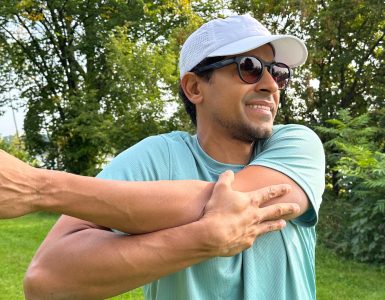June and the earliest part of July–surrounding the July 4th holiday–is considered Fireworks Safety Month. This is because most fireworks-related injuries tend to occur during this period.
Did you know…?
- Fireworks devices were involved in about 8,600 injuries treated in US hospital emergency rooms in 2010.
- 6,300 of those injuries were treated in the month (June 18-July 18) surrounding July 4th.
- Eyes were the third most commonly injured part of the body, accounting for 1,300 injuries in that month-long timespan.
- Data from the US Eye Registry shows that bystanders are more likely to be injured by fireworks than the fireworks operators themselves.
- Just because federal regulations allow you to use certain fireworks doesn’t mean they’re safe. “Safe and sane” fireworks cause more injuries than illegal fireworks. Case in point: sparklers. In 2010, sparklers accounted for 1,200 injuries–and preschoolers were the victims of over half of those sparkler-related injuries.
Prevent Blindness America recommends that nonprofessionals refrain from using fireworks, noting that the safest way for you and your family to enjoy fireworks is by enjoying a professional fireworks display. They also offer the following suggestions to make your summer, and your 4th of July, safer:
- The best defense against kids suffering firework-related eye injuries and burns is to not allow them to play with fireworks.
- It’s also a good idea to not store or use even the fireworks that are legal around children.
- If an accident with fireworks should occur, go straight to the emergency room. Do not rub or rinse out the eye, and do not apply pressure directly to the eye. Do not apply ointment or stop on the way to the ER to pick up painkillers. Cover the eye with a rigid shield (like the bottom of a paper cup) to protect it as you are going to seek professional treatment.
- Attend only authorized public fireworks displays run by licensed operators, but also be aware that even these can pose a safety risk.
Remember, it’s a good idea to establish a rapport with an eye doctor so that if you or your child ever sustain an eye injury, you have someone on hand to call for help. Plus, having a rapport with an eye doctor can also help you stay on track with your and your family’s eye exams!
For Health Advocate Members
If you don’t currently have an eye doctor lined up, call us! Your Personal Health Advocate can help you find an in-network eye doctor whose location and hours are convenient to you.



